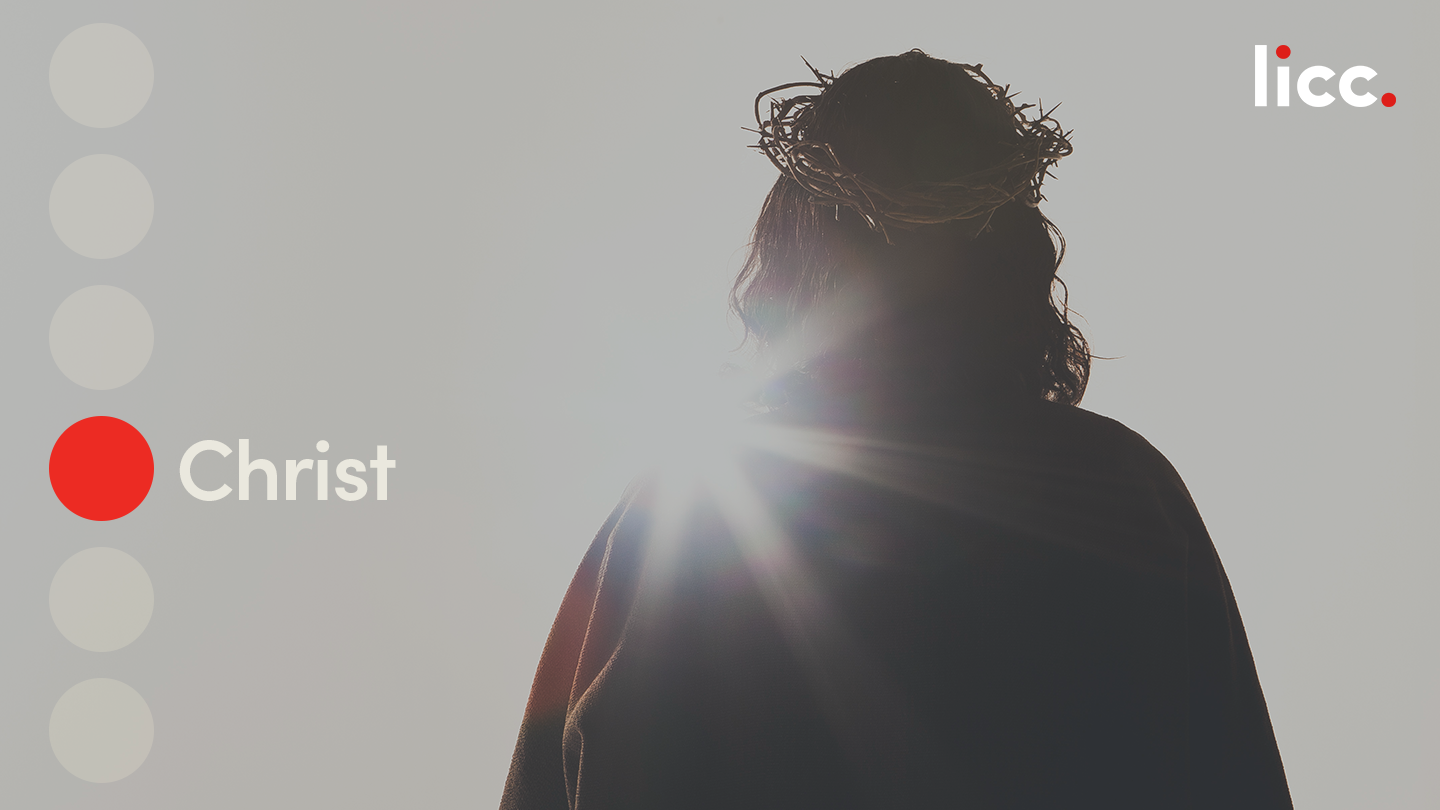Whole Life, Whole Bible: Journey through ScriptureНамуна


27: The Word became flesh
It’s such an ordinary story — government orders, people on the move, a baby born in a mucky corner of a third world city to a not-yet-married mother. We know the story, ‘celebrated’ in tinsel and pictures of reindeer from Tokyo to Timbuktu, from San Francisco to Seoul. And this one ordinary baby has had influence beyond anyone else, born before or since — with millions counting their years and their history from his birth, millions knowing his name, one way or another.
Matthew ties Jesus’ birth into the Old Testament story: ‘fourteen generations in all from Abraham to David, fourteen from David to the exile to Babylon, and fourteen from the exile to the Messiah’ (1:17). The songs in Luke 1-2 also have deep roots in promises of old, celebrating God’s grace in bringing about the fulfilment of his covenant with Abraham. The birth of this child signifies the end of pain for humanity, the presence of God in mercy, the coming of the golden age. John reaches further back, to the very dawn of all things: ‘In the beginning was the Word, and the Word was with God, and the Word was God… Through him all things were made… the Word became flesh and made his dwelling among us’ (1:1, 3, 14).
The Word became flesh. This pivotal point in all history — the history of our world, of creation, of the universe; the history of humans, from the moment when they are made in the image of their creator, through the Fall, and to the end of time — comes with the birth of one small, vulnerable, helpless human being, whose significance and uniqueness have unimaginable implications for you and for me.
This intertwining of the mundane and the marvellous continues as we read through the four Gospels. We experience a gradual unveiling as we follow the contours of Jesus’ story, as we begin to understand who he is and what he comes to do. We rejoice that this man, our Lord and Saviour, understands what it means to be human, vulnerable and subject to thirst and weariness, pain and death. We rejoice in all the promises of salvation, forgiveness, mercy and grace won for us on the cross. And we rejoice that he rose from the dead and promises that resurrection to us too — ‘born to raise the sons of earth, born to give them second birth’ (Charles Wesley, 1739).
For further reflection and action
- Can you look back and see evidence of God working in your life before you asked him to be in it?
- ‘The Word of God’ sounds throughout the Bible. Reflect on the biblical background behind the use of the word ‘Word’ in John’s first chapter. Look at Genesis 1:3, where God speaks, and it happens, and at Revelation 22:20, where he speaks again: ‘Yes, I am coming soon.’ In what ways has God spoken to you in the past week?
- Reflect on the cultural traditions of Christmas as practised in your household and your part of the world. How far should Christians challenge or affirm aspects of the popular patterns of this ‘celebration’?
Scripture
About this Plan

This 50-day reading plan walks you through the story of the whole Bible, and helps you reflect on how it shapes your whole life – at home, at work, in the neighbourhood. The bite-size readings and real-life application questions help illuminate God’s plan to renew all areas of life. Written by Antony Billington, Helen Parry, and Margaret Killingray, from the London Institute for Contemporary Christianity (LICC). Originally published by BRF.
More
Нақшаҳои марбут ба мавзӯъ

Brightly Relating To Others

Put Your Hope In The Lord

Walk In Love

The Story of the Bible

People: A 5-Day Devotional By Hillsong UNITED

Why Should I Dedicate My Kids?

Our Daily Bread: Remembering 9/11

God So Good

The Bible for Young Explorers: Deuteronomy
